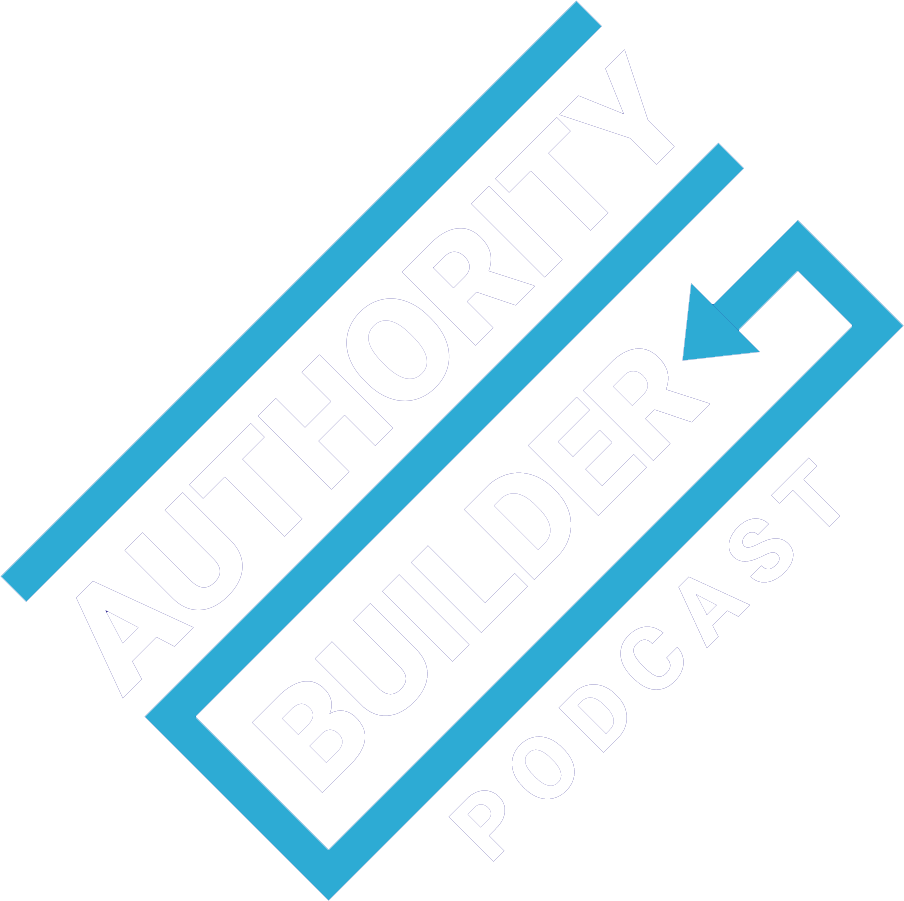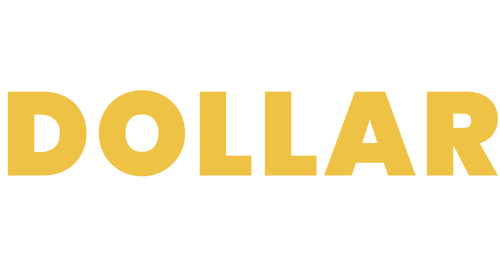It’s something every professional service provider or entrepreneur learns very quickly after they start their business, says Andy Paul:
They have the education, the experience, the expertise… they’re good at what they do.
But they don’t know how to sell their services… maybe they’re even afraid or ashamed to sell. But this founder of The Sales House has the antidote.
He says method, training, and process has its place in sales excellence… But he also advocates another secret ingredient.
- We talk about what that is, as well as…
- Where true mastery of any subject comes from
- Why luck doesn’t exist but being lucky does
- How self-development trumps formal training
- The B.A.L.D. Formula for sales excellence
- And more
Listen now…


